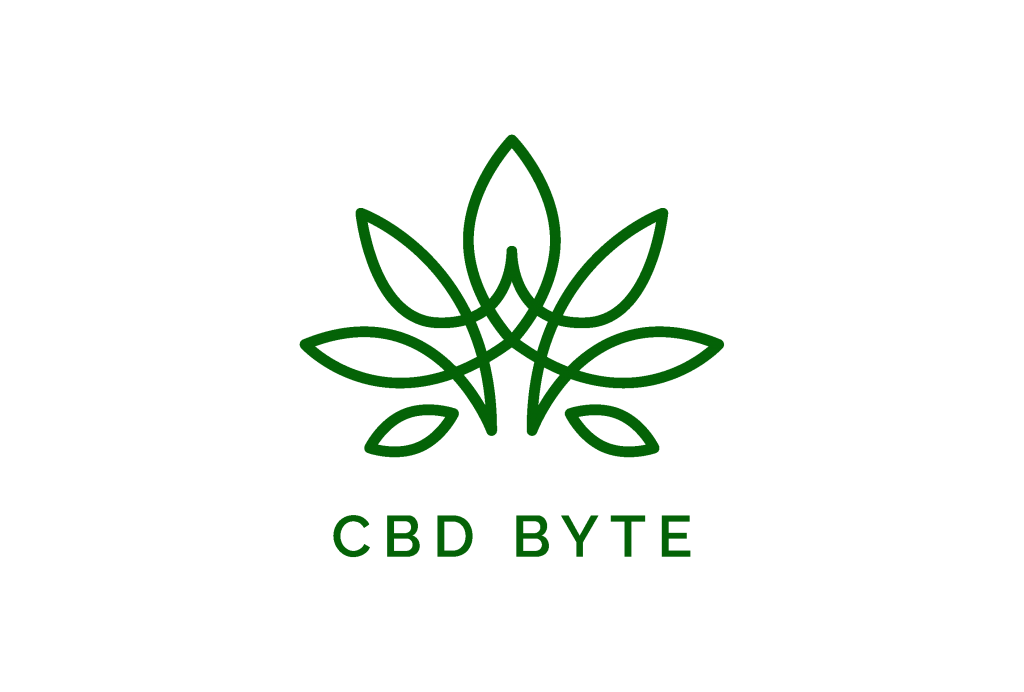Fresh News, Uncategorized
What are Cannabinoids and What Are Their Potential Benefits?
Cannabinoids are a group of chemical compounds that are found in the cannabis plant. There are over 100 different cannabinoids, and each one has its own unique properties. Some cannabinoids, such as THC, are psychoactive, meaning that they can produce a high. Other cannabinoids, such as CBD, are non-psychoactive.
Cannabinoids work by interacting with the body’s endocannabinoid system (ECS). The ECS is a network of receptors that are found throughout the body. When cannabinoids bind to these receptors, they can produce a variety of effects, including pain relief, anxiety relief, and inflammation reduction.
There is still much that we don’t know about cannabinoids and their potential benefits. However, research is ongoing, and there is growing evidence to suggest that cannabinoids may be helpful for a variety of medical conditions.
Here is a table that summarizes the key differences between the five most common cannabinoids:
| Cannabinoid | Psychoactive? | Potential Benefits |
|---|---|---|
| THC | Yes | Pain relief, anxiety relief, appetite stimulation, nausea relief |
| CBD | No | Pain relief, anxiety relief, inflammation reduction, seizure reduction |
| CBN | No | Sleep-promoting, antibacterial |
| CBC | No | Anti-inflammatory, pain-relieving, acne-reducing, hair-growth promoting |
| CBG | No | Pain relief, inflammation reduction, appetite stimulation, cancer-fighting |
Keep in mind that we only use Full Spectrum CBD Oil, which benefits from having the most cannabinoids present as possible… Broad Spectrum CBD oil strips a lot of the cannabinoids out in the refining and processing of the oil, making it an inferior product. Check out our Full Spectrum CBD Tincture Here.
It is important to note that more research is needed to fully understand the potential benefits of cannabinoids. If you are considering using any of these cannabinoids for medical purposes, it is important to talk to your doctor first.
Here are some additional details about each cannabinoid:
- THC: THC is the most well-known cannabinoid. It is the compound that produces the high that is associated with cannabis use. THC has been shown to be effective for a variety of medical conditions, including pain relief, anxiety relief, and appetite stimulation.
- CBD: CBD is another well-known cannabinoid. It is non-psychoactive, meaning that it does not produce a high. CBD has been shown to be effective for a variety of medical conditions, including pain relief, anxiety relief, inflammation reduction, and seizure reduction.
- CBN: CBN is a lesser-known cannabinoid that is created when THC breaks down over time. It has been shown to have antibacterial and sleep-promoting effects.
- CBC: CBC is another lesser-known cannabinoid that has been shown to have anti-inflammatory and pain-relieving effects. It may also help to reduce acne and promote hair growth.
- CBG: CBG is a newer cannabinoid that is gaining attention for its potential health benefits. CBG has been shown to have pain-relieving, inflammation-reducing, appetite-stimulating, and cancer-fighting effects.
It is important to note that the effects of cannabinoids can vary depending on the individual, the dose, and the method of administration. It is always best to start with a low dose and increase it gradually as needed.
If you are interested in learning more about cannabinoids and their potential benefits, there are a number of resources available online and in libraries. You can also talk to your doctor about whether cannabinoids may be a safe and effective treatment option for you.
